
Long Beach Celebrates Chinese New Year with Cultural Unity and Trade Focus
Long Beach’s 2026 Chinese New Year celebration merges cultural heritage with global trade networking amid economic challenges, drawing 15,000 participants.
News & Insights Across Asia

Long Beach’s 2026 Chinese New Year celebration merges cultural heritage with global trade networking amid economic challenges, drawing 15,000 participants.
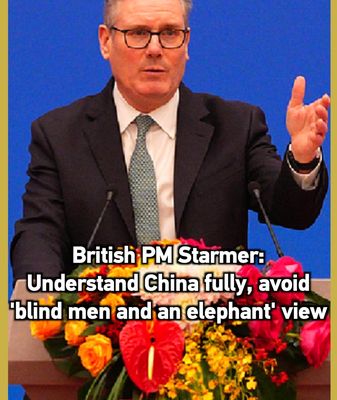
British PM Keir Starmer advocates comprehensive China engagement strategy, warning against partial perspectives in crucial 2026 policy address.

Beijing’s 30th annual New Year Goods Fair showcases traditional and international products, drawing crowds ahead of the 2026 Spring Festival celebrations.
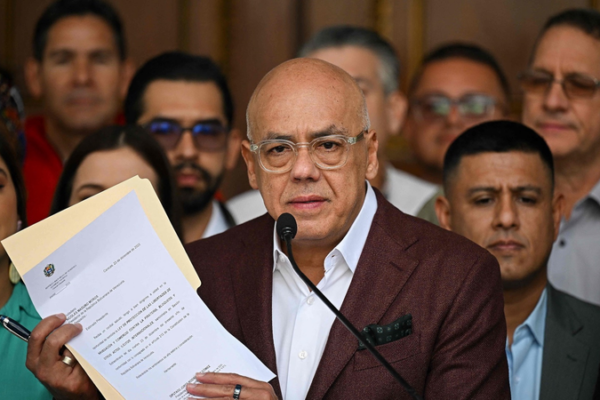
Venezuela passes anti-piracy law with 20-year prison terms amid rising tensions over US seizures of oil tankers in Caribbean waters.

China’s Commerce Ministry opposes the US’s threat to impose an additional 10% tariff on Chinese imports, citing WTO violations and promising countermeasures.

US tariff increases under the Trump administration may inadvertently boost trade among BRICS nations, creating new opportunities amid global economic shifts.

The Chinese mainland vows to defend its rights against US unilateral tariffs, emphasizing commitment to resolve disputes through dialogue and uphold global trade stability.

China has filed a complaint with the WTO against the U.S. after the announcement of additional 10% tariffs on Chinese products, urging immediate correction of U.S. actions.

Global officials and economists warn that US President Donald Trump’s new tariffs on major trade partners like Canada, Mexico, and China could increase living costs in the US and strain international trade relations.
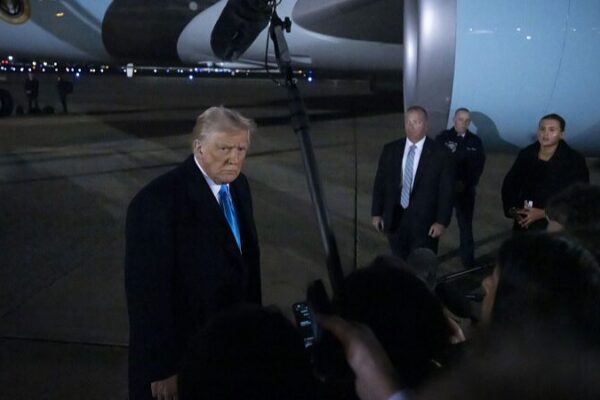
President Trump’s new tariffs on Canada, Mexico, and China trigger global backlash, with experts predicting economic downturns, job losses, and heightened consumer prices.
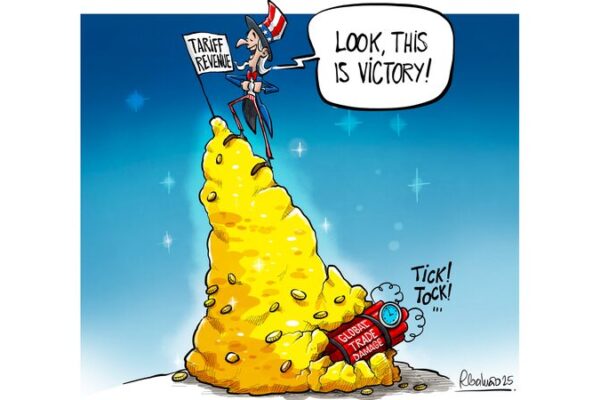
The U.S. has once again weaponized tariffs against Canada, Mexico, and China. While aiming to reduce trade deficits, such actions risk igniting a trade war with no winners, threatening global economic stability.
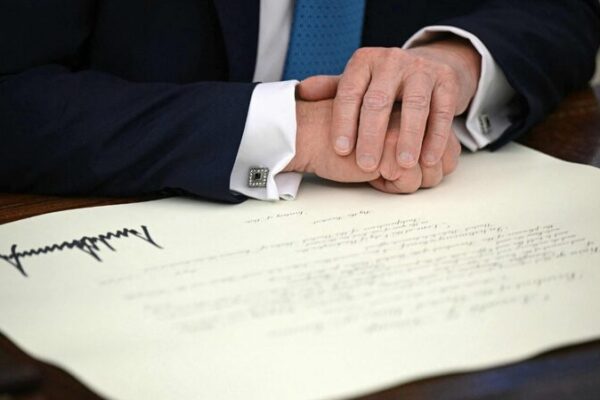
U.S. President Donald Trump’s new tariffs on imports from China, Canada, and Mexico spark global concerns over escalating trade wars and their potential impact on the global economy.

Mexico will impose its own tariffs in response to U.S. President Donald Trump’s tariffs, President Claudia Sheinbaum announced, rejecting accusations of alliances with drug trafficking groups.

Warwick Powell, advisor to former Australian Prime Minister Kevin Rudd, asserts that the world is mature enough to progress without waiting for the U.S., emphasizing global collaboration and regional initiatives.

Explore how nations are moving away from threats, sanctions, and dollar dominance, embracing cooperation and multi-currency trade in a shifting global economy.

Nations worldwide are moving beyond threats, sanctions, and single-currency dominance, embracing financial independence and cooperation for a more equitable global order.

In 2025, traditional tactics like threats and sanctions are losing sway as nations like Russia and Türkiye forge new paths to economic independence, challenging one-currency dominance and fostering cooperation.

With threats and sanctions losing effectiveness, nations are embracing cooperation and self-reliance, challenging one-currency dominance and reshaping the global economic landscape.

In 2025, outdated tactics like threats, sanctions, and one-currency dominance are losing influence as nations pursue cooperation and financial independence, reshaping the global economic landscape.

Countries worldwide are moving beyond threats, sanctions, and one-currency dominance, embracing cooperation and financial independence for a more equitable global order.